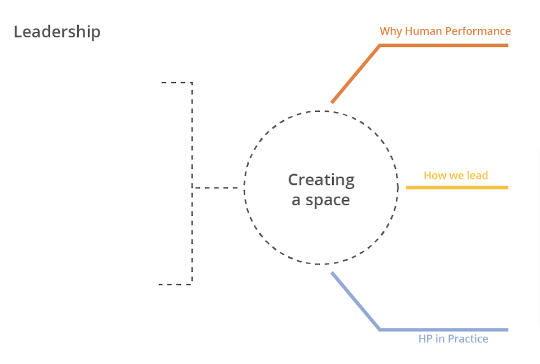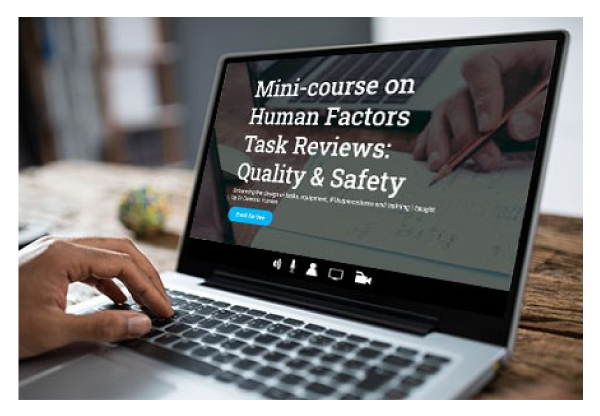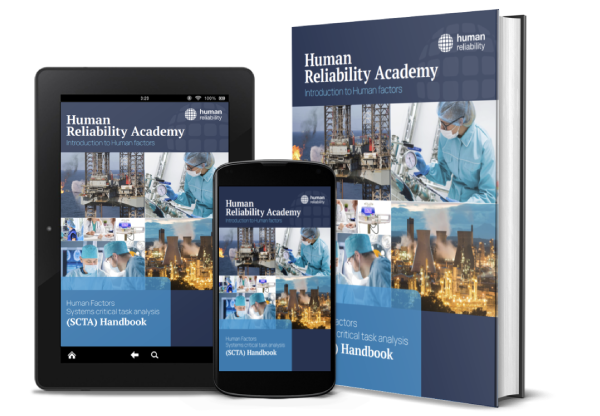A recent significant GMP quality incident resulted in a request from the Site Leadership Team ‘SLT’ to work with the front-line workers to understand and change their behaviours.
The SLT viewed non-compliant behaviours involved in the incident as well-meaning and intended to get the job done but were at a loss to understand why people would take such risks and why they would not communicate these challenges.
Taking a systems approach, and knowledge that leaders work ‘on’ the system and employees work ‘in’ the system, we engaged the site leadership team and the front-line using HOP leadership workshop as a vehicle to uncover new insights and learn to effect the required change.
The significance of the GMP non-compliance and poor decision making that could have potentially put patients at risk uncovered a gap in the SLT’s quality system. Nothing they measured indicated the risks people were taking in their work to achieve goals – all of their KPI’s were lag measures.
There was a gap between work as ‘imagined’ and work as ‘done’.
Rather than blame the individuals, who were very competent and committed employees, the SLT were interested to learn how it made sense to their team to make this non-compliant decision and what other issues were there to be understood.
Before the workshop the leaders still believed that the cause of the issue was the front-line team – they had no insight to believe otherwise. They believed people were the problem to solve. They were working ‘in’ the system.
The team’s capability in human factors and human performance were limited. They were keen to find out how other sectors like Aviation and Nuclear Power were applying this body of work.


The significance of the GMP non-compliance and poor decision making that could have potentially put patients at risk uncovered a gap in the SLT’s quality system. Nothing they measured indicated the risks people were taking in their work to achieve goals – all of their KPI’s were lag measures.
There was a gap between work as ‘imagined’ and work as ‘done’.
Rather than blame the individuals, who were very competent and committed employees, the SLT were interested to learn how it made sense to their team to make this non-compliant decision and what other issues were there to be understood.
Before the workshop the leaders still believed that the cause of the issue was the front-line team – they had no insight to believe otherwise. They believed people were the problem to solve. They were working ‘in’ the system.
The team’s capability in human factors and human performance were limited. They were keen to find out how other sectors like Aviation and Nuclear Power were applying this body of work.
We listened to the client to understand their view.
We set up a pre-training introduction discussion with the individual SLT members for 30 mins each to build a rapport between trainer and team. We found out about current approaches to issues and challenges, how they celebrate success and how they personally create space for quality and experience of human factors tools and approaches.
We designed a bespoke workshop with a mission to create space for quality and a framework of targeted sessions linked to company values, regulations and human performance principles.


We listened to the client to understand their view.
We set up a pre-training introduction discussion with the individual SLT members for 30 mins each to build a rapport between trainer and team. We found out about current approaches to issues and challenges, how they celebrate success and how they personally create space for quality and experience of human factors tools and approaches.
We designed a bespoke workshop with a mission to create space for quality and a framework of targeted sessions linked to company values, regulations and human performance principles.
This one-day workshop was split into 5 sessions each with a stimulus, e.g.: game, video, talk, linked with 5 Principles of human performance (also reflected in their company behavioural standard):
The key activity was an interactive game where the SLT were divided into two teams to design, brand and build a model car. There are three roles. Success is measured in 3 dimensions. How far the car travels, the innovative design and the effective communication from the team.
One of the most engaging activities we planned was a team game that involved building cars and testing them. The game’s learning objectives included:
The day ended with reflection and application to identify opportunities for Human Performance Strategies to trial so that results can be reflected upon collectively as a group.
This one-day workshop was split into 5 sessions each with a stimulus, e.g.: game, video, talk, linked with 5 Principles of human performance (also reflected in their company behavioural standard):
The key activity was an interactive game where the SLT were divided into two teams to design, brand and build a model car. There are three roles. Success is measured in 3 dimensions. How far the car travels, the innovative design and the effective communication from the team.
One of the most engaging activities we planned was a team game that involved building cars and testing them. The game’s learning objectives included:
The day ended with reflection and application to identify opportunities for Human Performance Strategies to trial so that results can be reflected upon collectively as a group.
Get the latest newsletter by signing-up today





This free 30 minute mini-course will introduce you to Human Factors, and how critical task reviews are used to improve the quality and safety of tasks and processes across different industries.
It’s free, informative and you’ll even get a certificate of completion.


This short and engaging handbook provides a great overview of Human Factors Systems Critical Task Analysis (SCTA) and how it helps people across sectors reduce error and improve human performance.
SCTA can help keep people safe and delivers value.


Popular Pages

© Human Reliability 2025.
1 School House, Higher Lane,
Dalton, Lancashire,
WN8 7RP, UK.
T: +44 (0) 1257 463 121
E: [email protected]